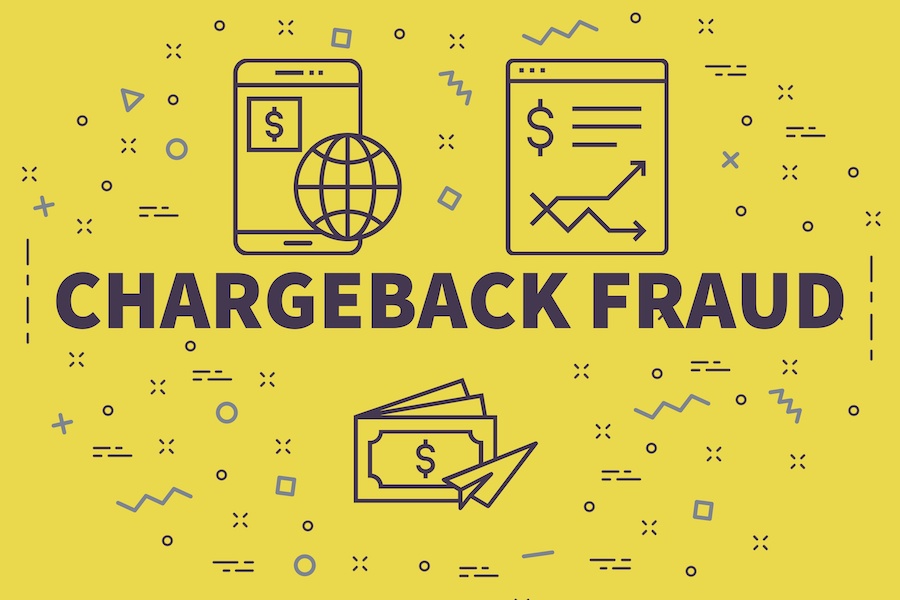
Anyone who purchases products or services from a business or organization using a credit or signature debit card can dispute the charges because of the Fair Credit Billing Act of 1974, which is a law designed to protect consumers from credit card processing transaction errors and fraud. A cardholder has up to 60 days to request a refund from the bank that issued their card. If the issuer determines that the chargeback is legitimate, then the merchant can challenge the action.
Whether the reason for a chargeback is legitimate or not, all chargeback adversely impact merchant accounts. Consider the following:
Common Reasons for Chargebacks
A cardholder might claim that they’re a victim of identity theft and that a criminal or even family member used their card without approval. They might also say that they were simply overcharged for a product or service. A merchant might have inputted the wrong amount before running the card through a credit card terminal or point-of-sale system. Of course, there are unscrupulous merchants who commit credit card processing fraud and overcharge slightly with the hope that a customer won’t notice. Some cardholders also discover that a merchant supplied them with a subpar product or failed to complete a billed service.
It’s important to note that there are scenarios, known as friendly fraud chargebacks, in which cardholders demand a refund through their issuers on valid charges for less-than-valid and even criminal reasons. The most innocent example of friendly fraud is when a cardholder merely forgets that they actually approved the transaction, as often seen with purchases made late at night and monthly automatic subscription charges. When they realize their mistake, most consumers immediately apologize and permit merchants to rerun the transactions. In more serious friendly fraud scenarios, a cardholder fails to follow the correct steps for a refund, purposely tries to get a product or service for free or attempts to bypass other standard transaction processes.
For example, instead of trying to get a refund directly from a merchant for a product or service that didn’t meet their expectations (i.e. buyer’s remorse), the cardholder contacts their bank and demands help. Some cardholders go through the chargeback process because they waited too long to return a product and missed the merchant’s return deadline or don’t want to have to pay a restocking fee. Retaliation is another reason. A cardholder who had a bad customer service experience might feel that a merchant doesn’t “deserve” the money and comes up with some other reason to demand a refund through their bank.
Impact of Chargebacks on Merchant Accounts
Chargebacks can negatively affect all aspects of a merchant’s processing account. Merchants typically pay a penalty fee per transaction based on several times the total amount of the chargeback. As of 2020, the standard fee is between $20 and $100. That said, they might receive a fee as high as two-and-a-half times the transaction amount. Even if the merchant successfully disputes the chargeback, the event might still count toward their monthly chargeback-to-transaction ratio that is used to determine risk. Some merchants receive fines that reach thousands of dollars if they go above the predetermined chargeback monthly threshold.
If a business or organization has a chargeback rate of one percent or higher in a month, normally based on the total chargebacks divided by the total transactions, they become marked as a “high risk” merchant. They might receive higher processing fees. They might have to agree to set up a merchant account reserve that places a percentage of their revenues into an account as a security deposit to protect the processing bank from losing funds during chargebacks. In a worst case scenario, the processing company terminates the merchant’s account. Some merchants learn that they’ve been blocked from establishing a new account with any other processor for several years.
Other Negative Outcomes Related to Chargebacks
With a single chargeback, there is always the potential loss of merchandise and future revenues related to it. When the chargeback involves a service, a merchant experiences financial losses because of money spent on employees, equipment and labor with no equivalent or better incoming revenues to offset the costs. A history of a high number of chargebacks on a merchant account can result in the merchant experiencing difficulty with gaining approval for a bank loan and other types of credit. Brand and reputation damage and loss of sales also occur because many cardholders who go through the chargeback process make public complaints through industry, review and social websites.
Top Ways to Prevent Chargebacks
All merchants can reduce legitimate chargebacks. They need to always attempt to excel when providing products, services and customer service. Merchants need to take steps to guarantee that their products and services are always of the highest quality. They should offer a reasonable return policy time frame so that customers never feel that they are forced to use the chargeback process for a return-style refund. Lastly, merchants need to train employees to double check inputted amounts before running transactions and follow security steps to guarantee that customers aren’t using cards in fraudulent ways.



